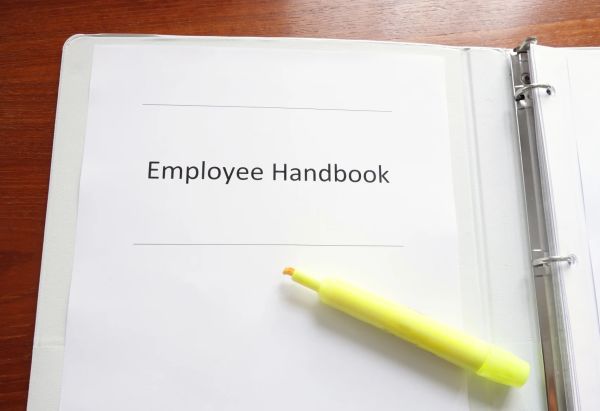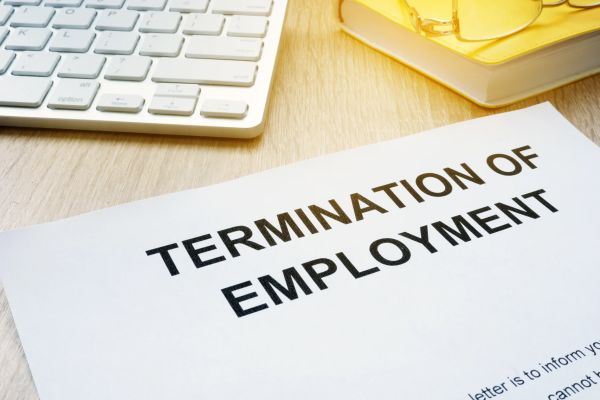For small businesses owners, handling human resources is a necessary but draining task. Few entrepreneurs start a new venture excited about collecting timesheets, navigating state and federal laws, or dealing with most other HR responsibilities.
But, because a functioning HR department, no matter how small, is important to keeping any business up and running, many small business owners cobble together a collection of HR practices and programs on their own, without revisiting them again for revision. Today, more than half of all small businesses reportedly handle employment matters themselves.
Not surprisingly, with so many technological, social and political advancements and changes in just the last 20 years, many of these practices are old and ineffective.
Inefficiency in HR isn’t always obvious to an employer, but it can make life difficult for an employee just trying to do their job. It can also expose you to damaging lawsuits, headaches, and financial hurdles.
Here are some of the most common, outdated HR practices that, come 2019, you should do away with altogether:
Asking employees to fill out timesheets manually

There may not be a task as universally reviled and simultaneously ineffective as asking your employees to manually fill out timesheets at the end of the day, week, or even month. It’s an arduous process that practically invites employees to inaccurately recall (unintentionally or otherwise) how much time they spent working each pay period.
The result of this problematic practice means that workers are losing millions of productive work hours]() and billions of dollars a year. Additionally, business owners who insist on sticking to manual processes are actually opening themselves up to Fair Labor Standards Act lawsuits as a result of failing to pay overtime and other charges.
Instead, consider signing up for automated time tracking software that tracks time, overtime, and vacations—and leaves a digital record for both sides to refer to at any time.
Using assorted HR programs to patch up holes in your process
As business owners go from one employee—themselves—to two three, and so-on, they may find they need HR services for their growing business. Typically, that’s when they enlist the help from a bookkeeping or accounting service to keep track of hours and finances related to payroll. Then, when more employees join the team, they discover they need onboarding and training. And let’s not forget about medical benefits!
The point is, rather than using one, scalable solution for all these needs, many business owners contract various vendors to handle their myriad of needs.
Do away with your fractured system. Sign up with one professional employment organization or another platform that can offer you industry-specific HR solutions.
Operating without an employee handbook

When you’re a business with just a few people on staff, it can feel more like family than a business. While this is great for employee retention and relationships, it can make it easy to lose sight on things like code of conduct, vacation policies, nondiscrimination policies, and employment (and termination) guidelines.
Put together a brief but comprehensive handbook that goes over all the basics of working for your business. You’ll be glad for the proof of your policies in case anything ever goes awry in the office or in the field.
Skimping on onboarding
No matter how experienced a new employee is, you need to dedicate a few days, if not weeks, to onboarding them.
Onboarding is the process of getting an employee accustomed to how your business operates, what you expect of them, and how they can best communicate their needs or struggles with you. It starts with the employee handbook, but it also involves walking them through all their daily processes, from how to enter the building to how to use your tools of the trade—such as contact management software, asset tracking systems, or anything else they’ll use regularly.
Onboarding also involves setting short-term goals, meeting to discuss friction points, and introducing them to fellow employees and managers so they feel comfortable in their environment.
Ignoring compliance regulations
Fair Labor Standards Act (or FLSA) lawsuits are on the rise, and many of them emerge when employers completely ignore compliance regulations with new employees.
For example, misclassifying an employee as exempt from overtime when he or she is not means that you’ll prevent them from collecting on wages they are owed as a non-exempt worker. Whatever peanuts you save by doing that, you’ll likely lose in the long run via a lawsuit when (not if) the employee discovers your oversight.
Failing to document performance issues

If you want to terminate an employee because they’ve failed to uphold their side of the bargain, you need to have a documented history of their failures.
Thoroughly documenting any performance issues an employee has—as well as your attempts to give them feedback, guidance, and warning—is the only way to avoid, possible lawsuits. While it may seem like you can keep your criticisms and feedback informal (especially in a small business), failure to record its occurrence eliminates any evidence you may need to demonstrate their unwillingness or inability to change.
Doing everything yourself
If you only take away one thing from this list, it should be this: HR is a complex field that requires hours of effort and intensive knowledge and training to master. There’s no reason that most business owners need to worry about handling it themselves.
The ethos of small business owners is to bootstrap and DIY—handling everything from big-picture planning to day-to-day operations. But at a certain point, the job’s other responsibilities—including leadership and management—leave no time for the effort it takes to effectively conduct HR’s responsibilities.
There are plenty of third-party HR platforms, cloud-based software solutions, and full-time HR professionals that you can invest in to handle this stuff. Don’t go it alone anymore—you simply don’t have to.
As you and your business head into 2019, resolve to do away with these old-fashioned HR processes and bring your business into the present-day. When you update and modernize your HR practices, you’ll see the difference right away, no matter what kind of business you run.
Christine Soeun Choi is an SEO associate at Fit Small Business specializing in digital marketing. Currently based in NYC, she has a background in business studies and math with a passion for business development. When not helping small business owners, Christine enjoys taking photos, exploring artwork, and traveling.


